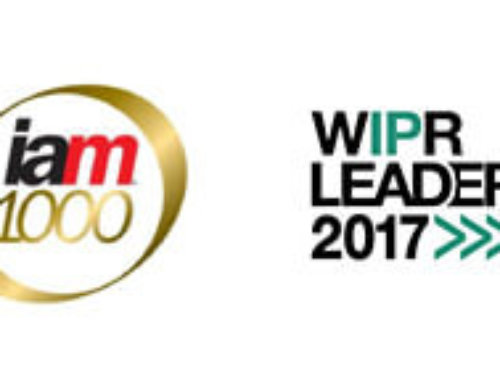In this series we will explore some of the difficulties surrounding trademark and patent protection in different parts of the world.
Doing business in Europe is exciting, fascinating, complex and challenging. The integration of 27 member states into the European Union (EU) and the creation of the Euro in 1999 has helped to standardise many policies and systems, but it is of course a fallacy to think of “Europe” as a single entity. Each nation has its own unique culture, languages and idiosyncrasies, and it is hard to change centuries-old traditions overnight.






